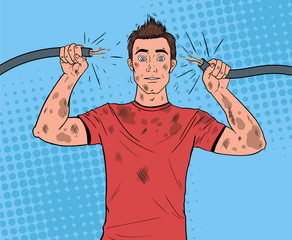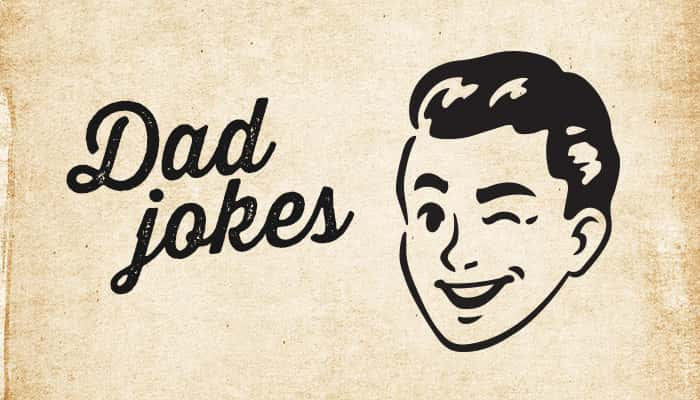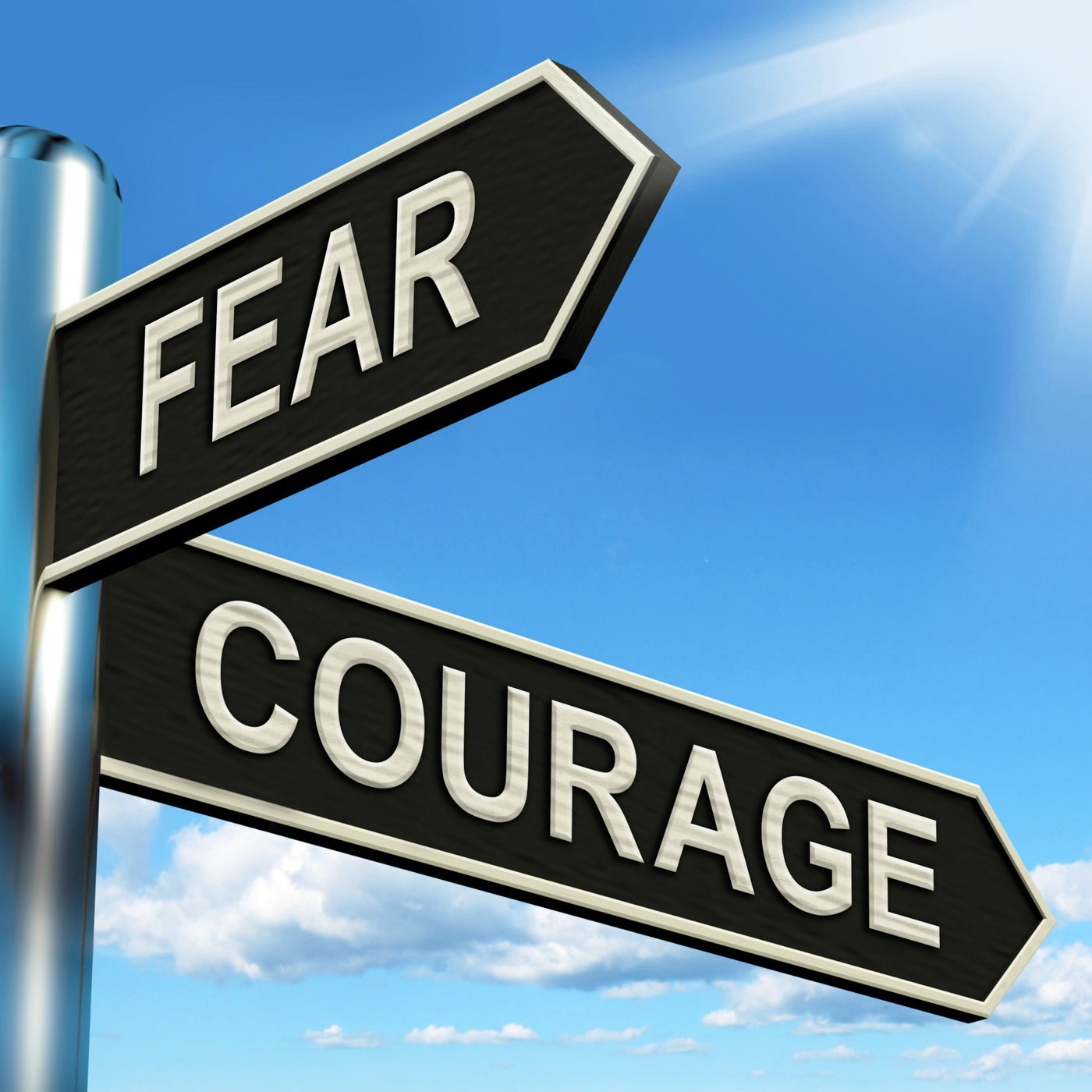The first time my dog, Milo, attempted to bite me is an image seared into my brain.

It’s not the first time I’ve almost been bitten by a dog, but the way his ears curled back, his eyes glared, and his lips fiercely stretched over his teeth in the blink of an eye just before he lunged at me still gives me goosebumps. We had just come inside from his bathroom break, and I needed to leave for an event. After gathering my things, I tried to cutely lead him to his playpen, but he just as cutely ran the other way. I was on a time crunch so my patience was running out, and he heard it in my voice as my calls to him collected more attitude and volume. Eventually I had him cornered, and when I went to grab him, he snapped back.
Like all Dog-Moms I absolutely love my little pup, so his aggression not only scared me half to death but it also felt like a sign of hatred. If I sound like I’m exaggerating then I encourage you to arrange a situation that prompts your pup to bite you when you’re just trying to instill some control. Then, if you have any sympathy in your soul, watch as your veins fill with anger, and then watch them get replaced by guilt…then perhaps filled with anger again. (This works in child care, too, by the way).
But here’s the thing: in the moment I was getting angry, it was because I was seeking power. I was trying to establish my authority and I was obviously losing. After the results my actions rendered — AKA almost getting bit — I was filled with guilt because I was no longer connected to Milo, or myself for that matter. So what exactly was I connected to?
This kind of dynamic can be seen in all of our relationships – social, personal, and professional. We’re either bidding for connection or we’re bidding for power. And quite frankly, in our bids for power we either “win” and are disliked (and often disrespected, most often behind our backs), or we lose and feel lost — kind of like the end of an electrically charged wire that had just broke loose and is flying frantically in the air.

In order to get that wire connected to where it needs to be, we have to shut that charge off. Similarly, in our relationships, we need to reconsider what our actions were aiming for in the first place: power or connection?
In our bids for power, we solely care about being right. We blame, we accuse, we yell, we disregard others, we micromanage, we do over someone’s work, we gaslight, we ghost, we don’t listen, we try to seek revenge (yes, that’s a cheap shot in pursuit of power)…must I go on?
When we’re aiming to connect, we ask questions, we listen, we empathize, we communicate our needs, we communicate our boundaries, we look into ourselves to apologize for where we were wrong, then we care enough to ask “how can I do better?” and actually try to do that.
Major differences there, huh?
Dealing with the “Power-Holders”
People who try to instill power above you are doing so because they don’t feel in control. It could be a parent, sibling, boss, or friend that’s seeking power over how you feel, over your work ethic, over how you should handle a situation, or how you act — the list continues.
When you find these relationships in your life, consider the kind of power that person is seeking over you, and try to be a step ahead of it.
The “I feel [blank] when you [blank]” Statement: The more specific you get with this, the more powerful it is. Instead of accusing someone’s character (“you’re an asshole,” “you’re inconsiderate,” “you’re a terrible listener”), this statement aims to relay that you feel a certain way when a specific situation occurs. Here’s a few examples:
-
- I feel ignored and unheard when you change the subject as I’m talking about something that is important to me.
- I feel like a nuisance when you belittle a concern that I’m trying to bring to your attention.
- I feel like I mean nothing to you when you disregard my bids for connection.
These are generic and resemble more of text-book style, but I leave them that way so they can really emphasize how you choose your words. Fill in the blanks with what feels right in your circumstance, but remember to be specific.
Communicate EXTRA: If you know a person well enough and presume they’re going to question you, your decisions, your motives, or another, then communicate as much as possible. Fill in the blanks that might be in their head so they’re not left to watch over your shoulder and track your every move.
This is especially important when making new friends or meeting new potential partners. Don’t just leave a person hanging — communicate! Let them know you’re not ignoring them, you’re just busy. Let them know you just need space today. Let them know you’re not up for hanging out this weekend, and try to reschedule for another weekend. It takes two seconds to send a text, people! Plus, keeping a person in the loop really doesn’t have to be that complicated. Just show you care more; it’s good for your soul.
Realize You’re Outgrowing Them: When we change, our relationships change. That’s a fact of life. We outgrow old friends, old coworkers, and even family members (for anyone who needs the reminder: blood relationships are never a good enough reason to tolerate someone’s power toxicity). Of course, if we’re experiencing a lack of support from someone important in our life, the reason reflects their own inner demons and insecurities. However, if their lack of support turns to discouragement or attempts to hold you back, it’s time to let go.
How to Seek Connection
Own up to your faults & validate their feelings: If you want to stop being the asshole in the conversation, it’d be best if you swallow your pride and realize you’re not perfect either. This doesn’t mean you suck up to anyone, it simply means that you acknowledge where you could have went wrong. Endorsing the importance of another’s feelings builds trust, it instills a safe space for that other persons to reciprocate, and it lowers a person’s defense making for a more productive conversation and an enhanced experience when exploring options/solutions/etc.
Ask more questions: This is so key. We’re all detectives and the more questions we get answered, the better we can understand and empathize. Figure out what made another person upset, or where you went wrong, or how you can help. Better yet, ask your partner, your friendships, your family, or even your coworkers and boss, “how can I do better?”
I know you’re already feeling a pang of resistance. Do it anyway.
Find common ground to come to a conclusion on: After you’ve validated feelings and asked the necessary questions, you should be on a neutral ground and both parties should be calm, patient, and prepared to come to a consensus, right?
………………………
Right! In a perfect world!
Of course this is way easier in theory, but the more you practice these techniques in your relationships, the easier it is because repeated actions eventually become a habit. And adopting these habits will slowly begin to feel like second nature.
Please note that cultivating these habits around seeking connection are not always synonymous with comfort. Nothing about tough conversations is comfortable — that’s why they’re tough, duh! — but the way in which you approach them becomes less intimidating. You will start to trust the process more, you will start to trust your ability to navigate those tougher conversations, and you will notice just how much improvement your relationships experience as you have them.
So, as it came to be with Milo, I now know that my obvious attempts at authoritative power (in most situations, not all) trigger an instinctual reaction from him, which is fair. I’d probably respond similarly if I was scared. So I’ve built his trust by teaching him that the playpen is associated with treats for reinforcement.
Surely relationships with our dogs are different than our relationships with humans…but then again, when our bids for connection are associated with enhanced relationship reinforcement, that difference is not by much.
Connection is work, but so is everything else that’s wonderful and worth having in this world!
Sending you patience, kindness, and positive vibes…
XOXO,
Sab











/Illo_BorderlinePersonalityDisorder-5a5fab69c7822d0037bb292c.png)


/posters-cartoon-sun-cloud-with-rain-and-rainbow-set-isolated-children.jpg.jpg)



